Jane Eyre
by Charlotte Brontë
Pictured is the Harper Muse Painted edition of Jane Eyre
Jane Eyre was published in 1847—with the novel’s author listed as ‘Currer Bell’—and was an immediate commercial success. The main protagonist, Jane, is an orphan who has an extremely tough life before meeting the man of her dreams. Unfortunately, he has dark secrets and the sense of foreboding that pervades the novel makes it also something of a thriller.
Recommendations from our site
“I only read Jane Eyre for the first time a couple of years ago. I’m in my 50s now, at the stage where I’m thinking that I’d better get to reading all those books I told myself I’d get to ‘someday,’ before it’s too late. Jane Eyre was one of those books. I expected to enjoy it, but not to love it as much as I do. It isn’t really horror, but so what? It’s certainly Gothic. It’s full of darkness, and it does have some moments of real, striking horror. It’s about Jane Eyre, of course, a woman who comes of age into a world in which really the only way of maintaining any kind of independence is becoming a tutor for some rich person’s kid. So this is the path that she takes, and that’s how she meets Mr. Rochester – a rich, imposing man, apparently a widower, with a child he needs looked after.” Read more...
Nathan Ballingrud, Novelist
“Jane Eyre in some respects…is the original domestic noir…there’s a sense of building threat and building crisis in the book. But I also love the social commentary and the feminism. It’s my favourite book of all time…I read it out loud to my daughter when she was about 15 and it’s just an incredible book” Read more...
Lucy Atkins, Novelist
“It wasn’t until my third reading of the book that I realised Brontë had slipped the supernatural into Jane Eyre.” Read more...
Sarah Perry, Novelist
“The idea of marriage is that two people are going to become one, but here you know—because of the mad woman in the attic—that it’s one thing about to be split in two.” Read more...
Tracy Chevalier on Trees in Literature
Tracy Chevalier, Historical Novelist
“There is an interesting debate … that the real heroine of Jane Eyre is not the plain little governess but the mad woman in the attic, Bertha Mason” Read more...
John Sutherland, Literary Scholar
“Jane Eyre came out of a very bad situation, but she was a very strong child because she had to be. They put her through a lot; they treated her very badly. She just kept looking forward. She had the idea that there must be something better.” Read more...
Audrey Penn recommends her Favourite Teenage Books
Audrey Penn, Children's Author
“This book was revolutionary because it insisted that not only could a heroine be small and poor and plain, but she could actually be worthy of respect because she had a mind.” Read more...
Books that Changed the World: A Reading List for Tweens
Amanda Craig, Journalist
“I don’t think any married woman would have written Jane Eyre…there is a certain naive attitude to men which would hardly survive a year of married life.”
DH Lawrence, quoted in Novelists on Novelists, edited by David Dowling
“[Charlotte Brontë] does not attempt to solve the problems of human life; she is even unaware that such problems exist; all her force, and it is the more tremendous for being constricted, goes into the assertion, ‘I love’, ‘I hate’, ‘I suffer’.
Virginia Woolf, quoted in Novelists on Novelists, edited by David Dowling
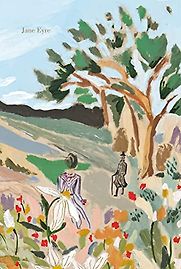
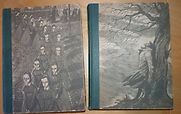
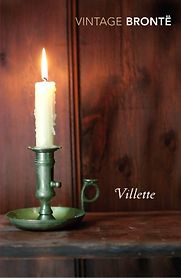
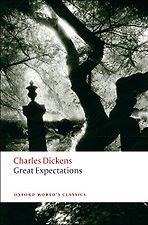


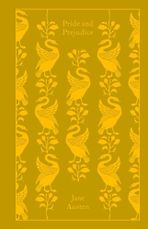

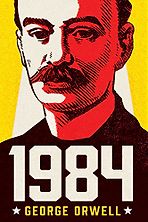
Commentary